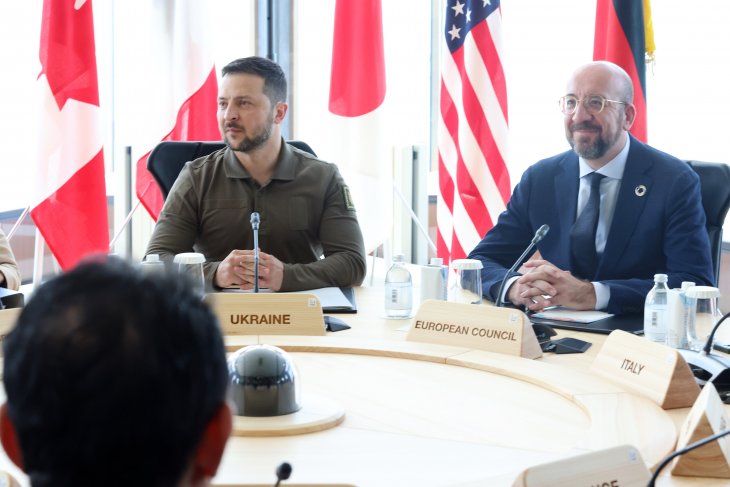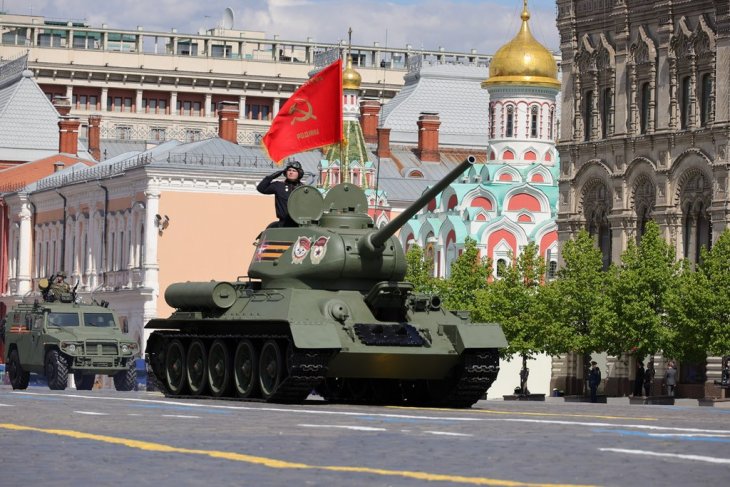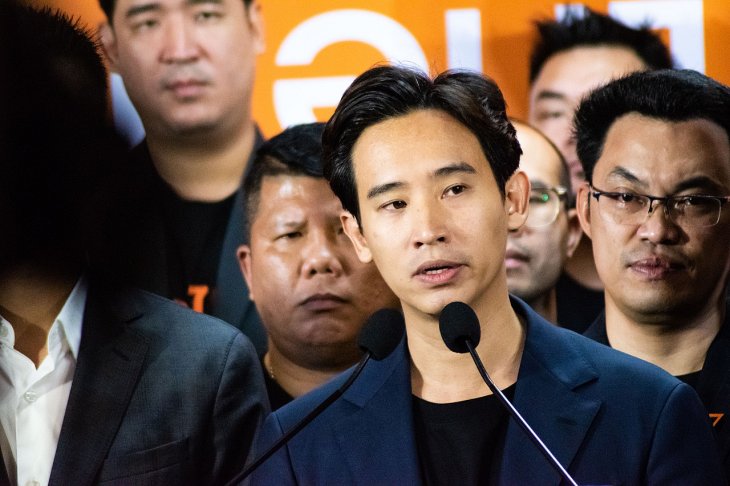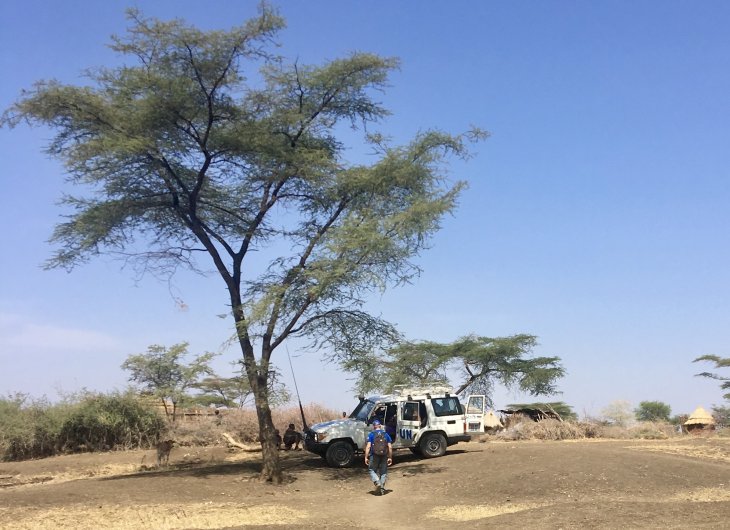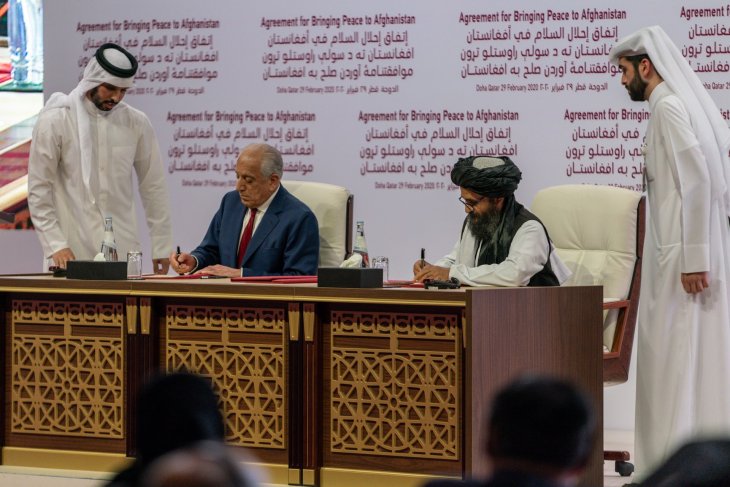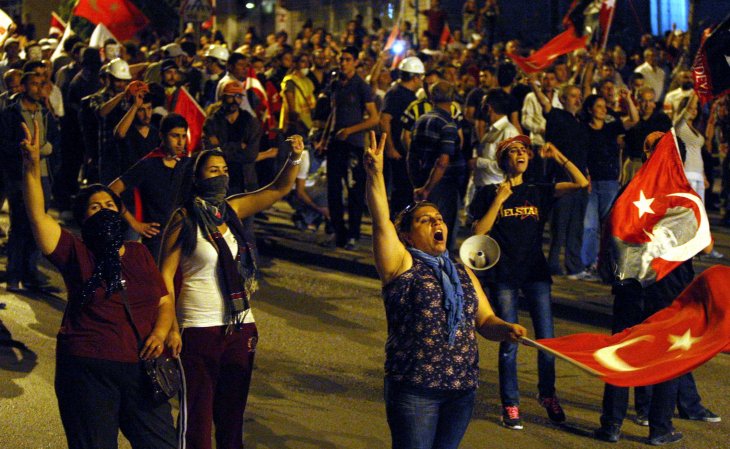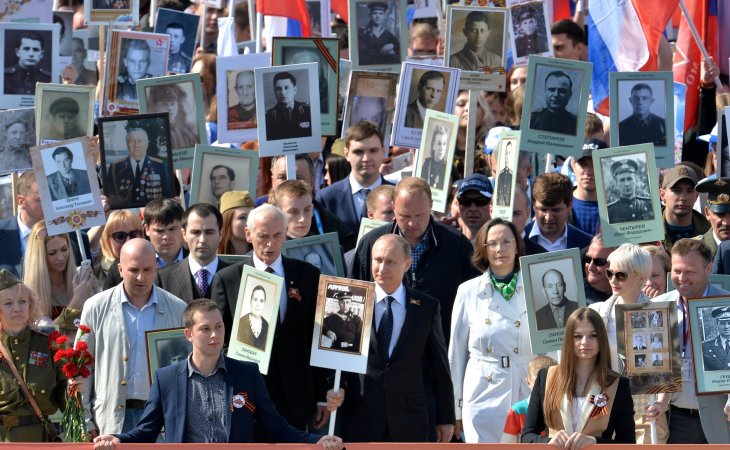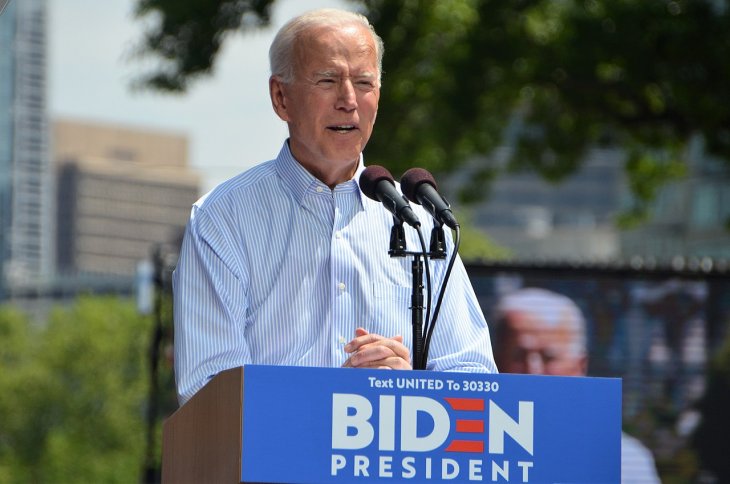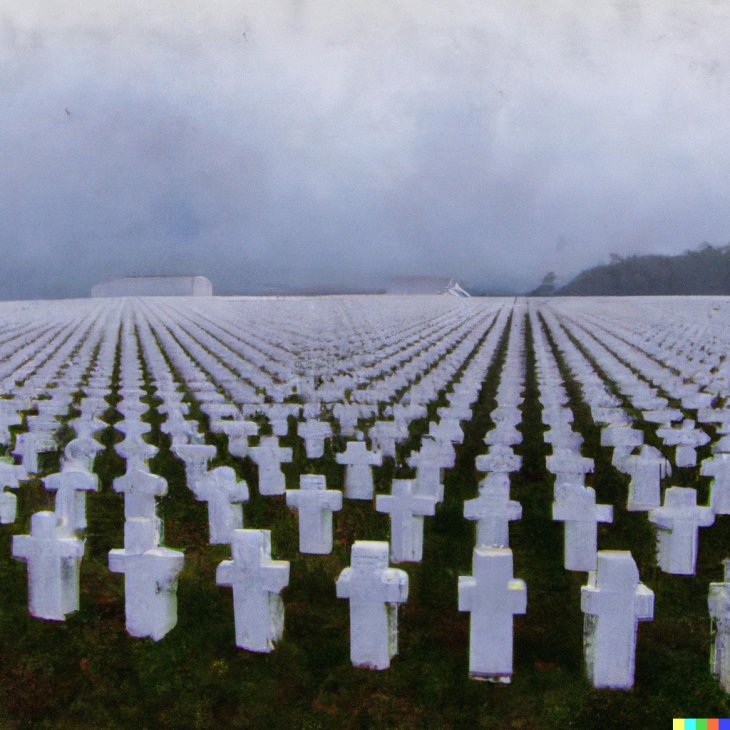The noise of jingoist propaganda and anti-Western hysteria emanating from Moscow is not as monotonous as it often seems, and the variations expose significant differences between and within Russian elite groups.
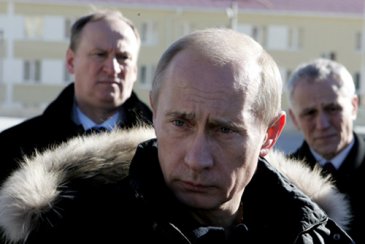
Vladimir Putin. On the left, Russian Security Council Secretary, Nikolai Patrushev. Photo: Russian Presidential Press and Information Office
Recent military setbacks, such as the destruction of a mixed air group over the Bryansk region on May 13 and the incursion of a Russian paramilitary group into the Belgorod region on May 22, have amplified these variations, as the official versions have departed exceedingly from reality (Nezavisimaya gazeta, May 23).
Russian President Vladimir Putin is stuck with the pseudo-historical denials of Ukraine’s existence as an independent state and reassurances that the “special military operation” is going according to plan. Thus, others endeavor to advance effectual war discourses (Novayagazeta.eu, May 26).Read More
